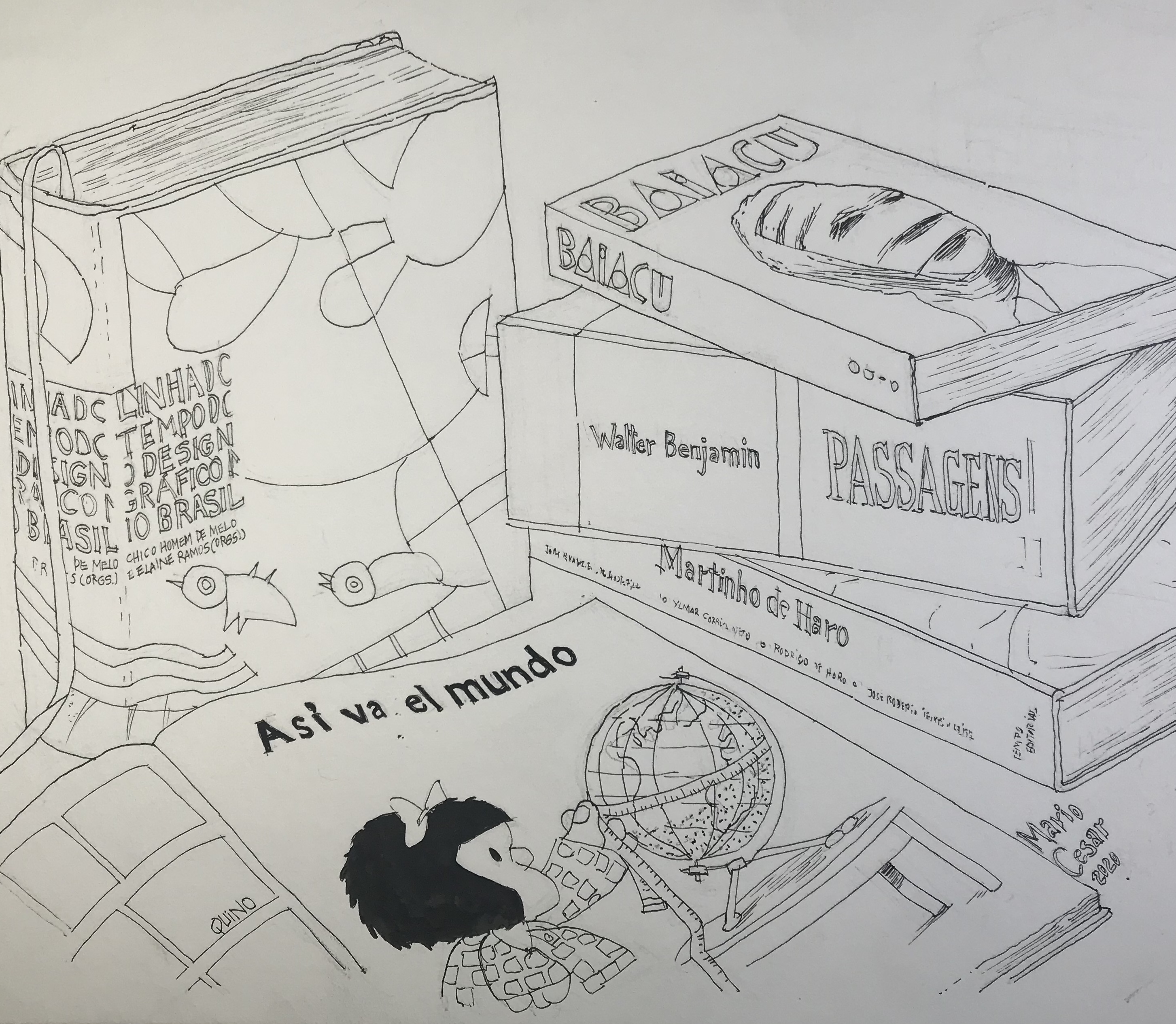RELAÇÕES PERNICIOSAS:
O USO DOS “ESTRANHOS” EM NOSSOS OSSOS, DE MARCELINO FREIRE
Keywords:
travesti, michês, homoerotismo, Nossos ossos, Marcelino FreireAbstract
This article has as objective to discuss the construction of non-hegemonic characters in the work Nossos Ossos, by Marcelino Freire (2013). In the light of Butler (2000) and Bauman (1998), this analysis presents how the first person narrator, Heleno de Gusmão, as a posthumous person, uses stereotyped social constructions regarding the transvestite character, Estrela, and the michês (male prostitutes) with whom he engage in the plot, showing discourses that objectify these subjects. It is discussed how the narrator build himself up in terms of a social hegemony - white, rich and cisgender - to attract the reader according to his point of view about others. Still regarding Estrela, it is observed that Heleno delegitimizes Estrela's existence and her possibility of building her body up and producing herself as a woman, in addition to treating her as dangerous and mercenary. Regarding “michês”, a nomenclature chosen by the narrative voice, Heleno separates the one who has his affection, calling him boy, from the others who are stereotyped: the indian, as a sexually transmitted disease vector (HIV/SIDA); the rascal, as usurper of his money; and the black as a paradox of his economic power linked to his whiteness. It is concluded that the narrator approaches the hegemonic ideals of the wealthy, white, western Judeo-Christian culture, as a way of valuing his life and his effort to rise up in the face of the difficulties imposed to the homoerotic subjects, generating his contempt for the “outsiders”.
Downloads
References
BUTLER, Judith. Corpos que pesam: sobre os limites discursivos do "sexo". In: LOURO, Guacira Lopes. O Corpo Educado: Pedagogias da Sexualidade. 2. ed. Belo Horizonte: Autêntica, 2000. p. 151-167.
CAMARGO, Fábio Figueiredo. Corpos que querem poder. REDISCO Revista eletrônica de Estudos do Discurso e do Corpo, Vitória da Conquista, v. 2, n. 2, p. 7-16, 2013.
FREIRE, Marcelino. Nossos ossos. Rio de Janeiro: Record, 2013.
PRECIADO, Paul Beatriz. Manifesto contrasexual: práticas subversivas de identidade sexual. São Paulo: N-1 Edições, 2017.
Downloads
Published
How to Cite
Issue
Section
License
The Copyright for articles published in this magazine belongs to the author, preserving the rights of first publication for the Communitas Magazine. Because they appear in this publicly accessible journal, the articles are free to use, with their own attributions, in educational and non-commercial applications.
























